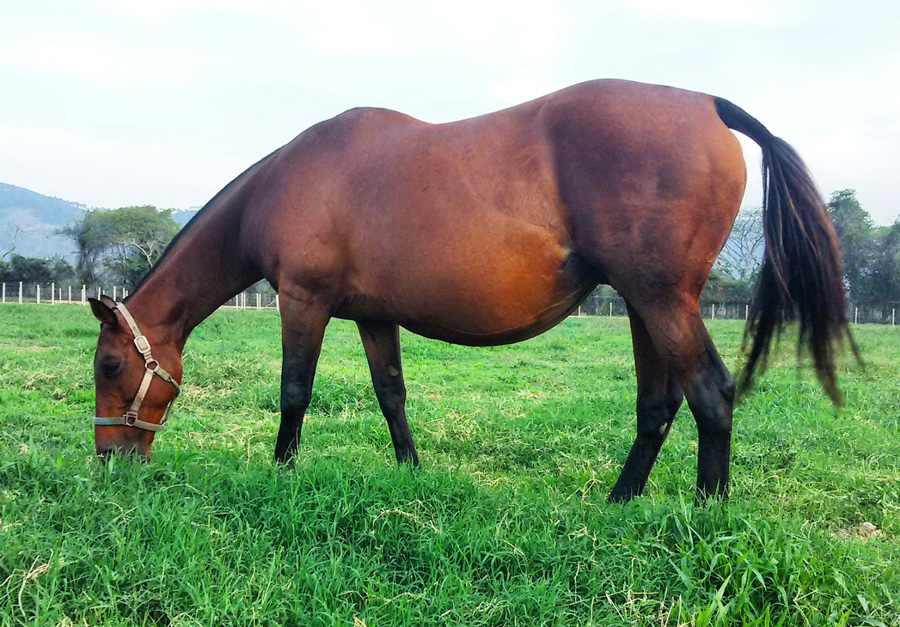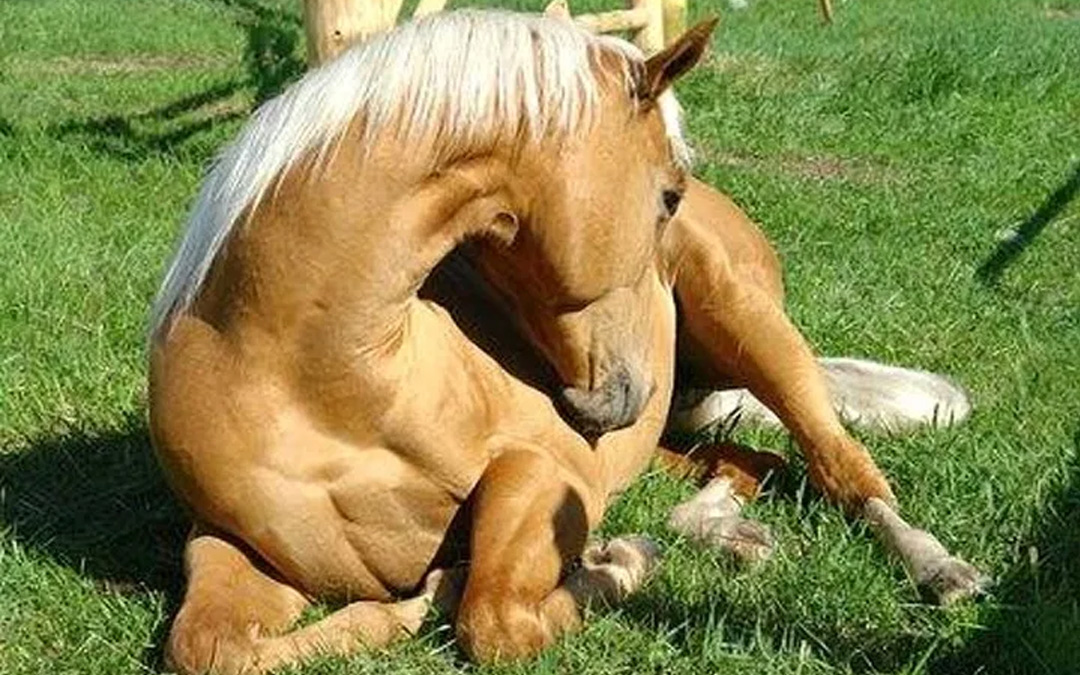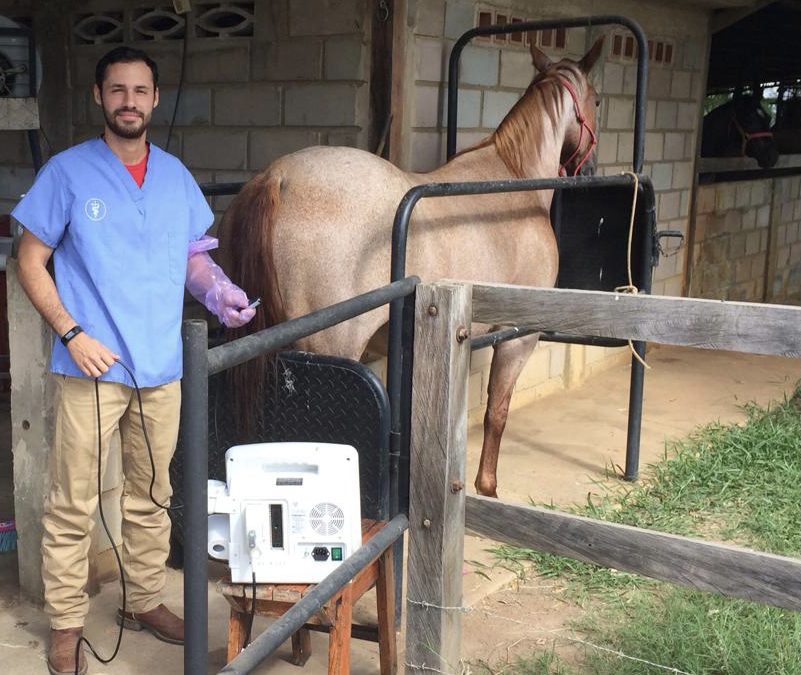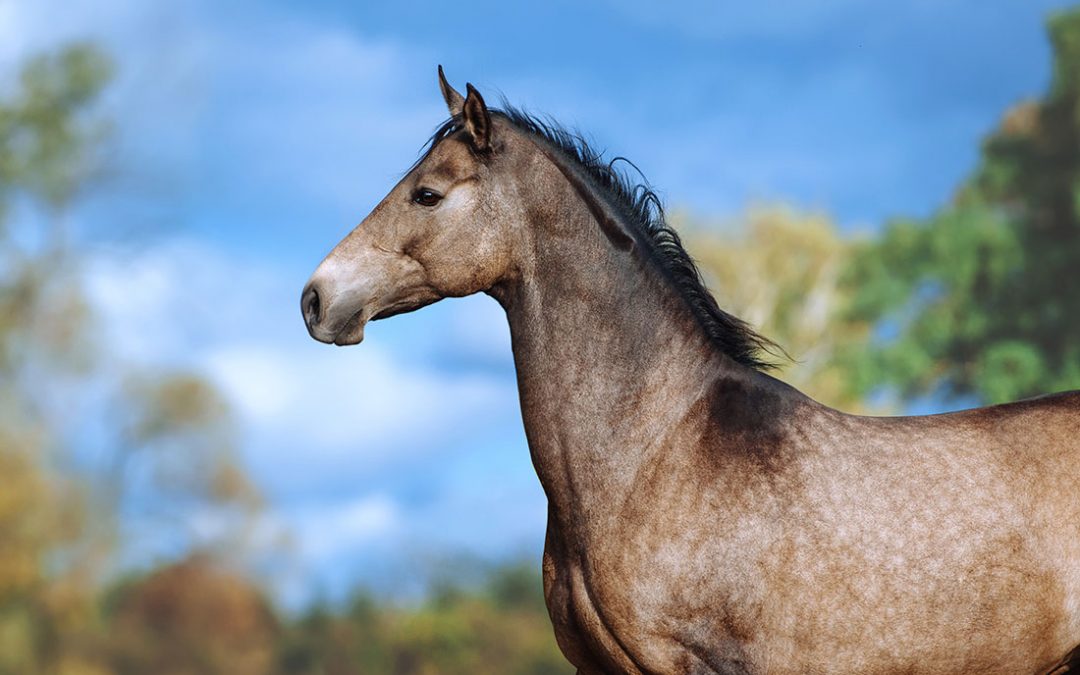
by Eduardo Prado | Jan 16, 2024 | Blog
Ecbolic agents are those that have the ability to generate uterine contractions, the two most used products in equine reproduction are oxytocin and prostaglandin F2 alpha. The application of ecbolics aims to expel the fluid that is accumulated in the uterus; which is...

by Eduardo Prado | Jan 16, 2024 | Blog
The reproduction of a mare does not end when pregnancy is achieved, it is at that moment where a series of care must continue to bring the pregnancy to term and increase the chances of achieving a healthy calf. Once the mare is pregnant, you should think about her...

by Eduardo Prado | Jan 16, 2024 | Blog
Colic is intense pain that horses suffer in their abdomen, therefore more than a disease it is a symptom of a hidden problem, which is why we present some recommendations to prevent this dangerous discomfort in your horses. The causes of this problem can be very...

by Eduardo Prado | Jan 15, 2024 | Blog
The equine gestation period is really important, as it requires constant medical surveillance, as commented by veterinary doctor Eduardo Prado, during an interview on the radio program “Campo, café y ciudad”. Prado detailed when the mare is ready to have her first...

by Eduardo Prado | Jan 15, 2024 | Blog
In reproductive physiology, the hormone responsible for producing ovulation of a dominant follicle is Luteinizing Hormone (LH); which is released by the increase in estrogen, produced by the dominant follicle, and this in turn generates the release of the...







Recent Comments